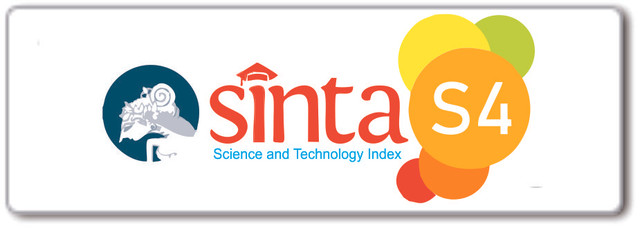Evaluation of Education Planning and Financing Policies in Indonesia: Literature Study Approach
Abstract
Planning is a critical process in establishing organizational goals, strategies, programs, and activities to achieve desired results effectively and efficiently. Through planning, educational goals can be determined, including financing that involves various parties such as the central, regional, and community governments. The planning process also includes the allocation of required resources, to improve the quality of education through funds such as the School Operational Assistance Fund (BOS) Program, and Educational Operational Assistance (BOP). Education costs include direct costs related to educational activities and indirect costs that support the educational environment. Financing standards are set to meet the minimum educational operational needs for one year, with components such as investment, and operational and personal costs. This research uses a library study method to collect and analyze data from secondary sources. The research results show that financing is a vital aspect of education management, involving funding from various sources to ensure the continuity and improvement of the quality of education. Efficient budget allocation can increase the effectiveness of the education system by maximizing the use of resources. Government regulations stipulate levies and donations to support basic education costs, ensuring the involvement of various parties in sustainable education financing.
























